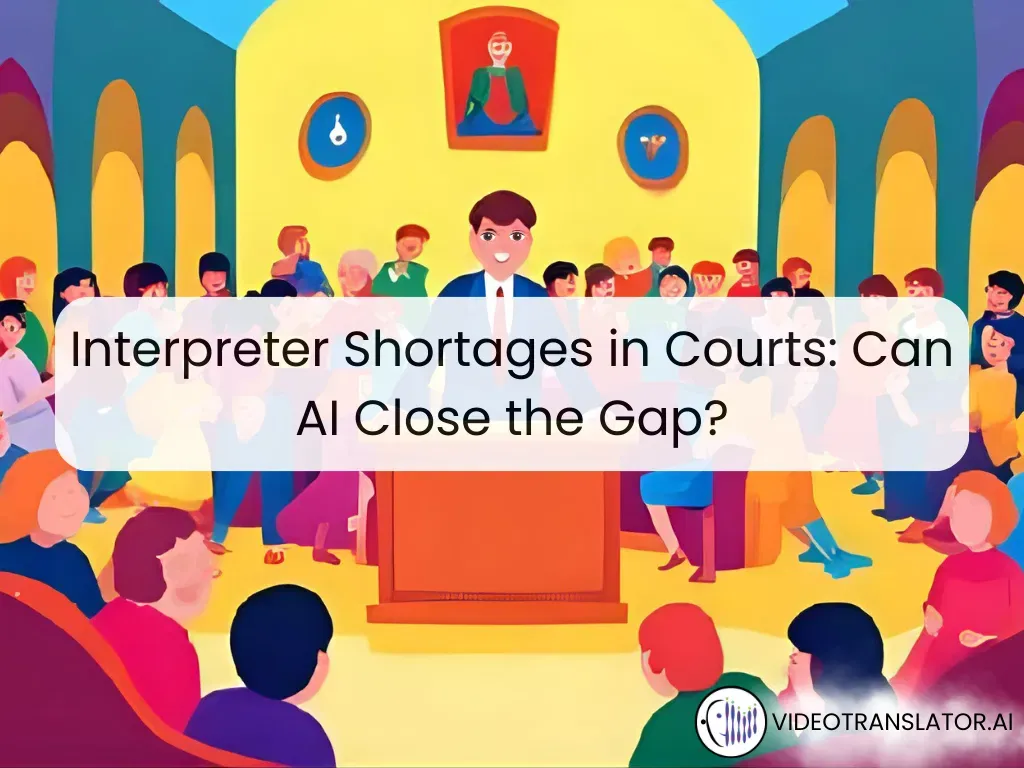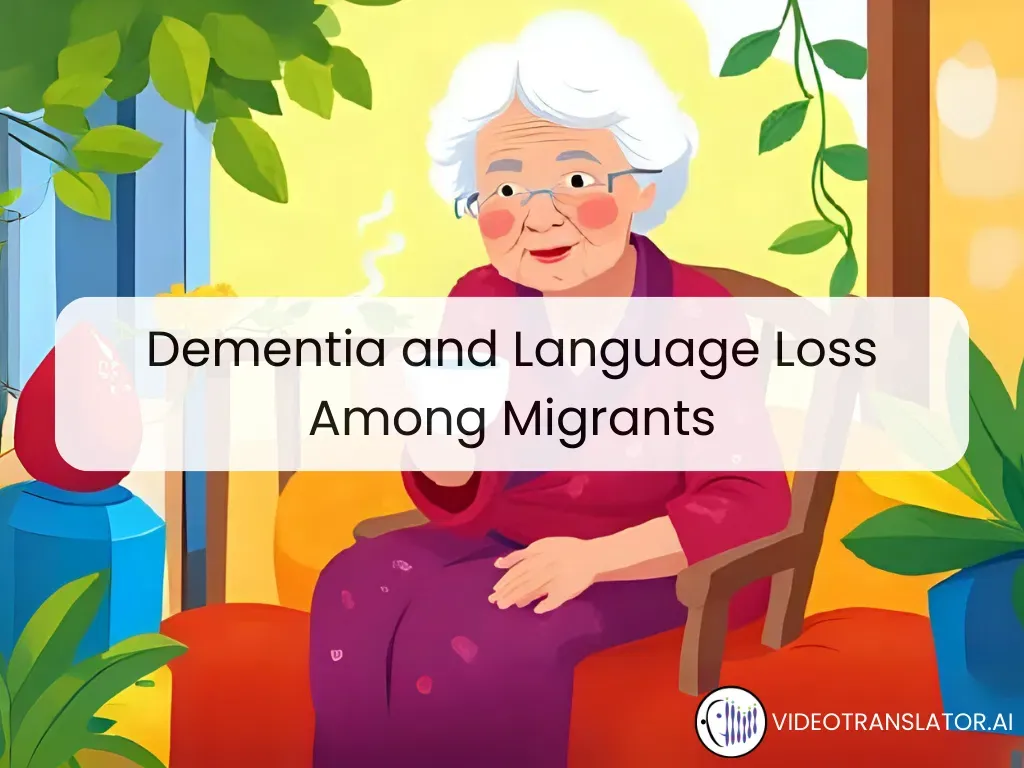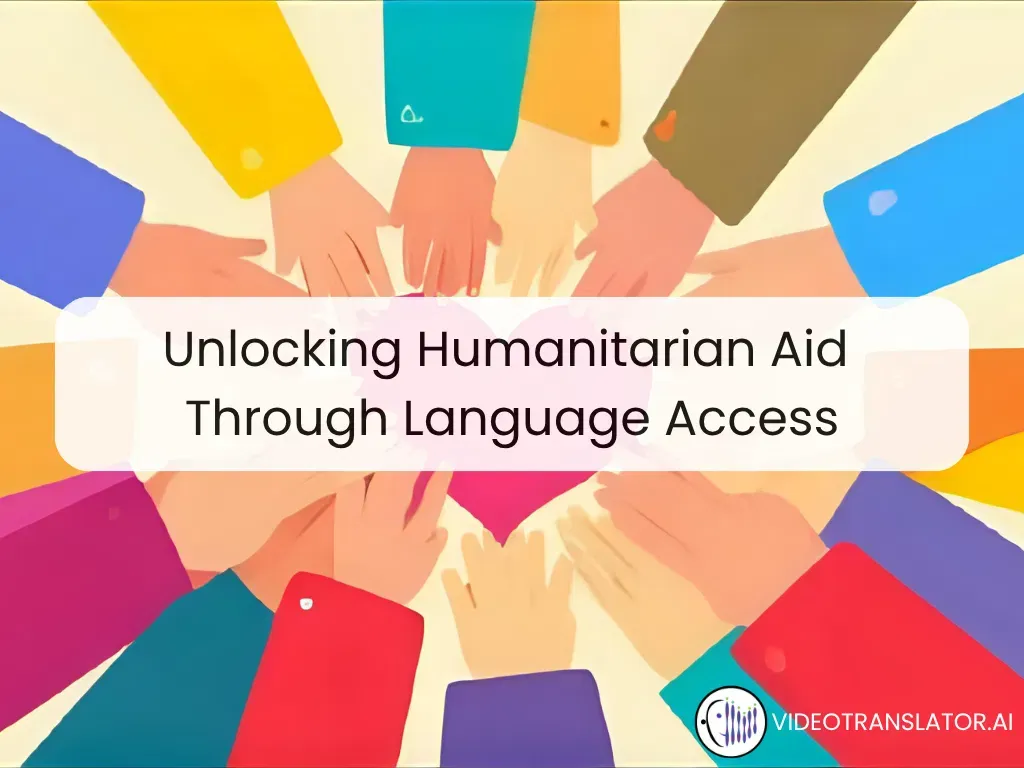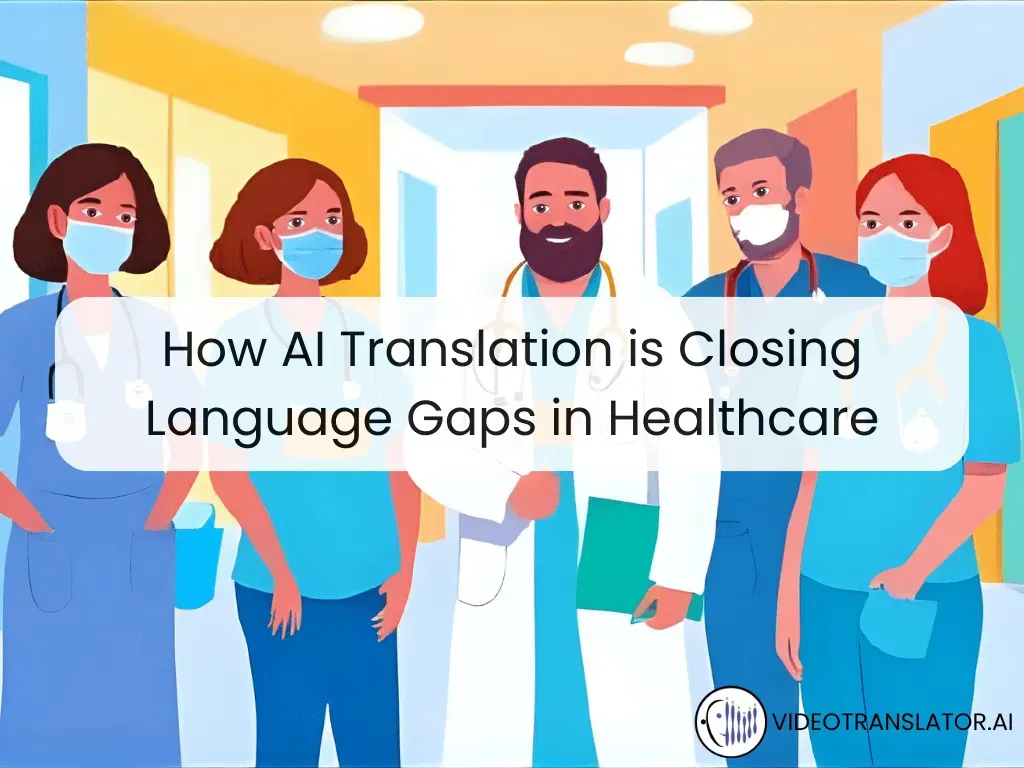Language barriers create real risks in justice systems worldwide. In Queens, New York, the problem is especially urgent. Courts handle cases in more than 160 languages, yet there are only 41 interpreters available. This shortage has caused delays, confusion, and unequal access to justice for non-English speakers (Queens Eagle).
This is not a small problem. Queens is one of the most linguistically diverse counties in the United States. Communities speak Spanish, Mandarin, Bengali, Haitian Creole, Russian, Korean, and many more. Each case that requires an interpreter but cannot secure one risks miscommunication, legal delays, or even wrongful outcomes. People waiting in courtrooms often face hours or days of setbacks because the system cannot meet their language needs.
The human impact is severe. Defendants, victims, and witnesses who cannot communicate effectively risk being sidelined in proceedings that determine their future. Justice delayed in these cases often means justice denied.
A Growing Demand for Court Interpreters
Courts traditionally rely on certified human interpreters. While professional interpreters offer unmatched cultural knowledge and accuracy, the demand far outweighs the supply.
With only 41 interpreters serving one of the most diverse regions in the country, delays are inevitable. Scheduling challenges, long queues, and the complexity of covering rare languages add to the crisis.
Even if the city invests in recruiting and training more interpreters, scaling to cover 160 languages efficiently will remain a monumental challenge. The gap between linguistic diversity and interpreter availability continues to grow. This is where technology can make a transformative difference.
“Queens’ courts have lost a third of their court interpreter staff over the past five years. In 2019, there were 61 court interpreters assigned to Queens courts. Today, there are only 41 interpreters.”
New York Office of Court Administration data
AI-Powered In-Person Translation as a Solution
VideoTranslatorAI offers a new way forward with its AI-powered in-person translator. This solution delivers real-time speech translation directly in the courtroom, reducing delays caused by interpreter shortages.
Each participant can speak in their native language, while others receive immediate subtitles and optional voice-over translations in their chosen language.
The system supports over 120 languages today and is expanding rapidly to cover more. The interface is clean and distraction-free, designed to keep focus on communication rather than technology.
By removing wait times and enabling instant translation, the tool ensures proceedings move forward without unnecessary delays.
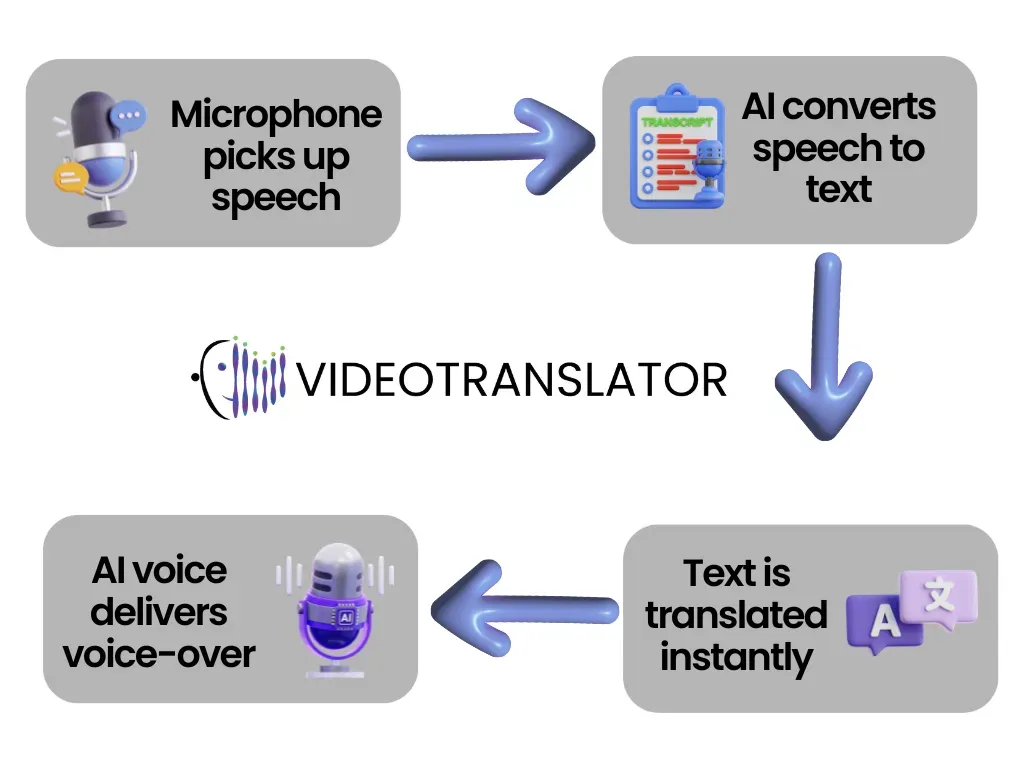
Features That Enhance Accuracy and Trust
Beyond speed, accuracy is crucial in court. VideoTranslatorAI addresses this through several advanced features:
- Custom Glossary: Courts can pre-load legal terms, proper nouns, and abbreviations, ensuring translations remain precise and consistent.
- Prompt Control: Judges and clerks can guide translations for context-sensitive scenarios, reducing the risk of misinterpretation.
This hybrid approach blends the reliability of human translation with the scalability of AI, offering a balance between accuracy and efficiency.
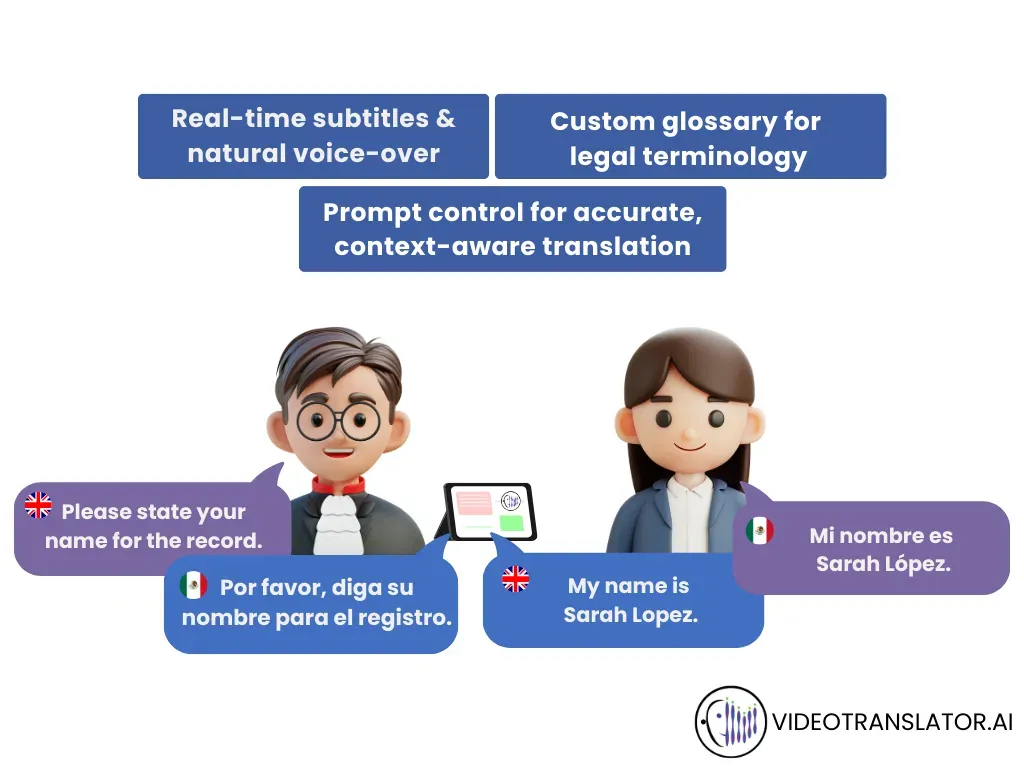
Real Impact in Courtrooms and Beyond
By addressing interpreter shortages with AI-powered solutions, VideoTranslatorAI can deliver measurable improvements:
- Faster Proceedings: Reduce delays caused by waiting for interpreters.
- Cost Savings: Lower expenses related to interpreter scheduling and travel.
- Greater Fairness: Ensure all parties understand proceedings in their own language.
- Scalable Coverage: Support over 120 languages and 300+ dialects instantly.
- Consistency: Glossary-driven accuracy maintains trust in legal outcomes.
The Broader Impact on Justice Systems
Adopting AI-powered translation tools can transform not only Queens but also other multilingual cities facing similar challenges. Faster proceedings mean reduced backlogs, shorter detention times, and fairer outcomes for non-English speakers.
Imagine a defendant no longer waiting days for a Bengali interpreter. Imagine a witness testifying in Haitian Creole without delays. Every saved hour matters in the justice system, where time is directly tied to fairness. By filling the interpreter gap with technology, courts can maintain accuracy while restoring efficiency.
The Future of Multilingual Justice
The interpreter shortage in Queens highlights a larger global issue. As cities become more linguistically diverse, traditional systems struggle to keep up. AI-powered translation offers a scalable path forward. It does not replace human interpreters but bridges the gap where shortages cause harm.
VideoTranslatorAI is building a future where no case is delayed due to language barriers. By combining real-time translation, smart features, and an accessible interface, it enables justice systems to serve every community fairly.
The courts in Queens need solutions today, not years from now. Technology can provide that bridge, ensuring every voice is heard clearly and every case proceeds without unnecessary delay.
If you are interested in learning more about our solutions, click here or reach out to us at hello@videotranslator.ai.
